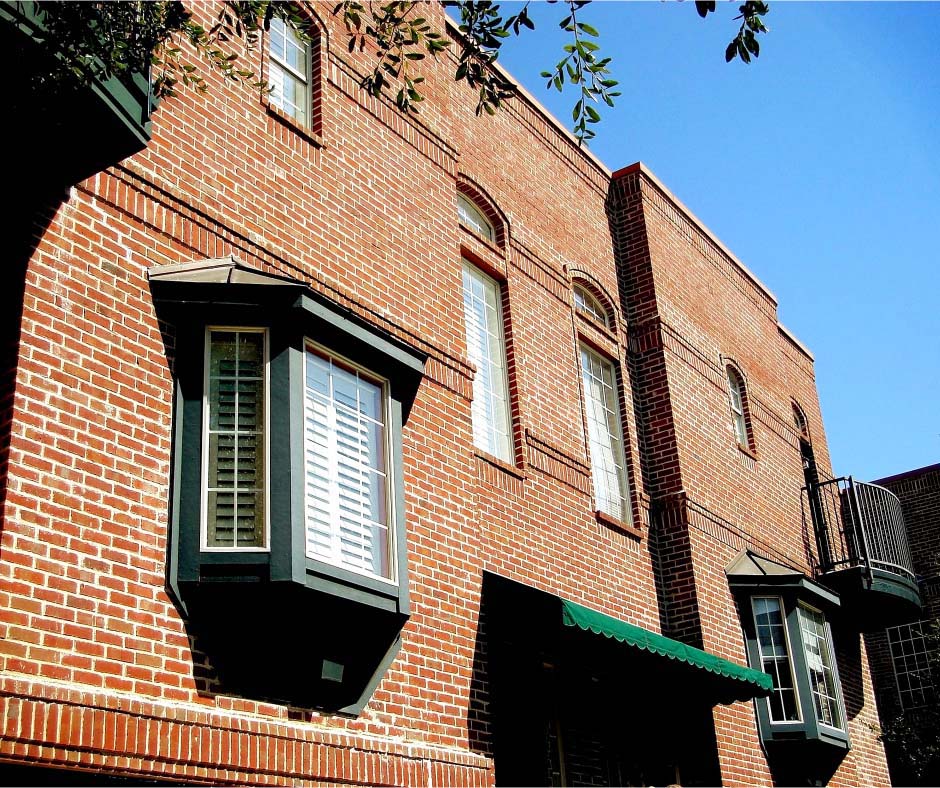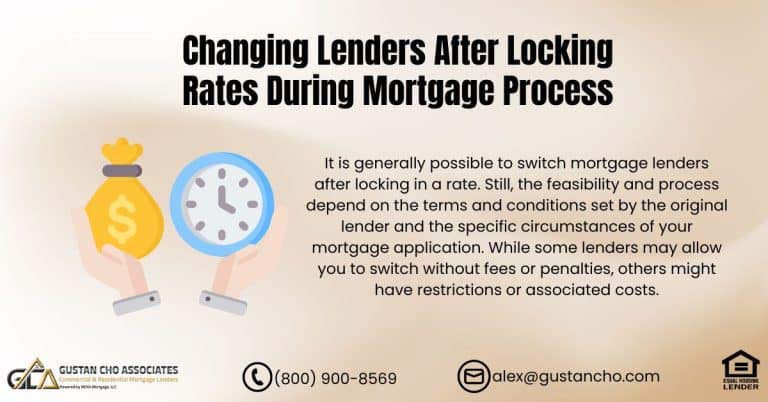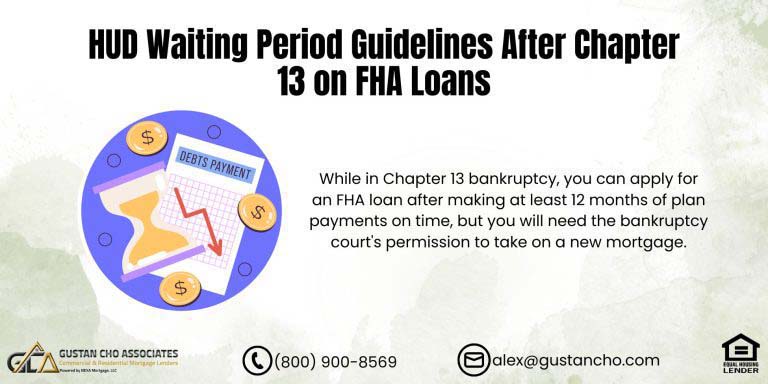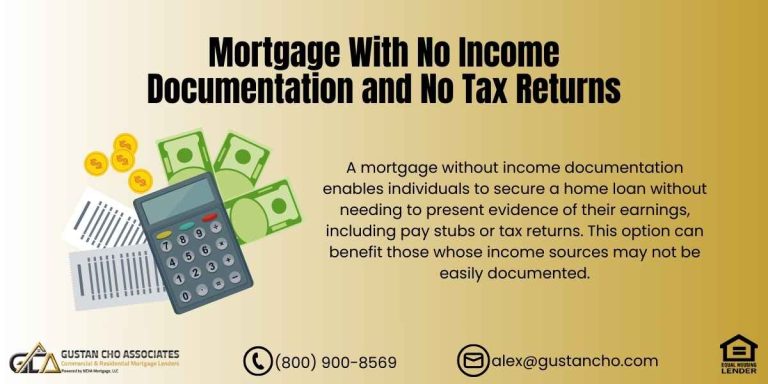This guide covers real estate investing mortgage loan programs for investors. There are various types of real estate investing. Real estate investing is such a broad topic, so we will narrow real estate investing to single-family homes on this blog. Real estate investing was extremely popular until the real estate market collapsed in 2008. Real estate values were appreciating yearly, and financing was easy until the whole real estate and credit markets collapsed in 2008.
John Strange, a senior mortgage loan originator at Gustan Cho Associates and a real estate investing partner with Preferred Mortgage Rates says the following:
Thousands of real estate investors faced foreclosure, and many filed for bankruptcy protection. Home values plummeted, and foreclosure rates have reached historical highs. The housing market has recovered but has a long way to go.
Many homeowners were sitting on underwater homes, where their mortgage balances were higher than the value of their homes. It took real estate investors years to get their properties to profitability. However, it proves that real estate always comes back and appreciates over time. Real estate investors are returning to real estate investing, and many are now making money. However, there are risks associated with real estate investing. This blog will discuss real estate investing mortgage loan programs for investors.
Tips In Real Estate Investing For Investors
Location, location, location is the key in real estate investing. Target an area/neighborhood which you are familiar with. You should thoroughly study the area. Become familiar with and be an expert in the area you plan on investing. Know what has sold in the market.
Get familiar with the current inventory. What is the average market time? What are the foreclosure rates? What is the length of time it takes to sell the property?
Analyze and research the properties that sell fast and have been sitting on the market for a long time. What are the amenities in the area, such as whether it is close to shopping centers and expressways. It is always wise to pay a premium when buying a property in a good versus a bad area. The location sells fast and commands a higher price. There are many large properties in a crime-ridden Ghetto that stay on the market for months and even years due to the high crime and depreciation of the neighborhood.
Create a Real Estate Investing Business Plan
Figure out what your real estate investing business plan is. Do you want to purchase a short sale or foreclosure and flip it immediately? Do you want to rehab it basically and flip it? Do you want to do an extensive rehab and make a substantial profit? Do you want to buy it, rehab it, and rent it?
With all of the above reasons, the acquisition cost is what determines how successful you will be. Just because a property is a foreclosure, REO, or short sale does not automatically mean that you are getting a deal.
Many foreclosures, REOs, and short sales are selling at market prices. You need to do your due diligence. Another important factor you need to consider is the rehab cost. Home values have plummeted. However, building material prices have gone up in recent years. Purchasing a property at market value may mean you must sit on the home purchase for several years until the property appreciates.
Create Your Real Estate Investing Team
If you plan on being a serious real estate investor, start building your real estate investing team. You should have a team of real estate agents, contractors, lenders, insurance agents, appraisers, home inspectors, architects, title companies, and a marketing team. Realtors will help you with leads on potential properties for acquisition. Contractors will help you with cost analysis. Appraisers will help you with future value, lenders will help you with construction financing, and future financing for your home buyers. Attorneys will help you with all of your compliance and legal needs,
Real Estate Investing: Consider The Worst Case Scenario
Real estate investing has a lot of risks associated with it. Always consider the worst-case scenario. Nobody has a crystal ball, so nobody can predict how fast your rehabbed home will take to sell. What is the worst-case scenario? What if your home does not sell in a year? Do you have reserves to be able to make the mortgage payment? What if the market values decline, and so does the market value of your property? Are you ready to take a loss, or can you wait it out? Are you open-minded about renting the home if it does not sell? These questions should be explored and answered before investing in real estate.
Becoming A Real Estate Investors For First-Time Homebuyers
If you are a first-time home buyer and plan on becoming a real estate investor, you should consider a four-unit multi-unit property as your first owner-occupant home. Any residential units up to 4 units are considered residential homes. The Federal Housing Administration allows a 4-unit home purchase with a 3.5% down payment.
You can get a 4 unit with only a 3.5% down payment, and all you need to do is live in one of the units and rent the three other units out. You can also use up to 85% of the potential rental income of the three other units to qualify for income.
If you play your cards right, you may be able to live mortgage free with the income of the three other units or even might be able to generate positive cash flow. How long do you need to live in your four units? HUD requires you to live in the four-unit owner-occupant building for at least a year. Conventional mortgage loans require a 15% minimum down payment to purchase a four-unit multi-unit property.
Non-QM Mortgages
Non-QM loans are becoming more and more popular. First introduced in 2014, Non-QM Mortgages are for primary, second home, and investment property financing. Non-QM Loans are portfolio loans. Gustan Cho Associates offers the following types of Non-QM Mortgages:
- Bank statement loans for self-employed borrowers with no income tax returns are required
- No waiting period after bankruptcy, foreclosure deed-in-lieu of foreclosure, short sale
- Asset Depletion Mortgage Loans with no income required
- Fix and Flip Renovation Loans
- Blanket Commercial Lines Of Credit
- DSCR Loans
For more information on unique alternative financing loan programs, please get in touch with us at Gustan Cho Associates at 800-900-8569 or text us for a faster response. Or email us at gcho@gustancho.com. The team at Gustan Cho Associates is available 7 days a week, evenings, weekends, and holidays.











What is real estate investing? How do I start investing in real estate?
Real estate investing involves purchasing real property (land, houses, buildings, etc.) to generate income or profit—either through rental income, appreciation (value increase), or both.
Begin by researching the different types of investments (residential, commercial, REITs, etc.), assessing your financial situation (budget, credit score), and clarifying your investment goals. Many new investors start with residential rental properties or public REITs due to lower barriers to entry. Networking and using online listings or agents can help with property search
How does real estate produce returns?
Returns come primarily from rental income (steady cash flow) and capital appreciation (selling for a higher price). There are often additional benefits from tax deductions such as depreciation and mortgage interest.
The required amount varies by investment type. Traditional property purchases need significant down payments (often 15–25%), while REITs and crowdfunding platforms typically have much lower minimums, allowing investors to start with a few hundred dollars.
Like all investments, real estate carries risks—market downturns, vacancies, property damage, and illiquidity. Passive options such as REITs tend to have lower volatility but still carry market and management risks.
Key tax advantages include mortgage interest deductions, property tax and repair deductions, depreciation, and, in some cases, capital gains deferral through 1031 exchanges.
Yes. You can invest through REITs, real estate funds, or via platforms that let you buy shares in properties and receive dividends, avoiding direct management responsibilities.
Residential real estate (single-family homes, apartments) often has lower entry barriers and is easier to manage. Commercial investments (offices, retail, warehouses) may yield higher income and longer leases but involve more complexity and risk. The choice depends on your goals and risk tolerance.
How do I find a good investment property?
Search local markets with strong growth potential, use online tools and agent networks, look for properties below market value, and perform thorough due diligence—including property inspections and financial analysis
What is the BRRRR method?
This means Buy, Rehab, Rent, Refinance, Repeat—a strategy for acquiring undervalued properties, improving them, renting them out, refinancing to access equity, and using the proceeds to buy additional properties
What are the biggest risks in real estate investing?
Market volatility, poor tenant quality, over-leverage (excess debt), unexpected repairs, and changes in local laws or taxation. Careful planning, diversification, and professional advice can mitigate many risks